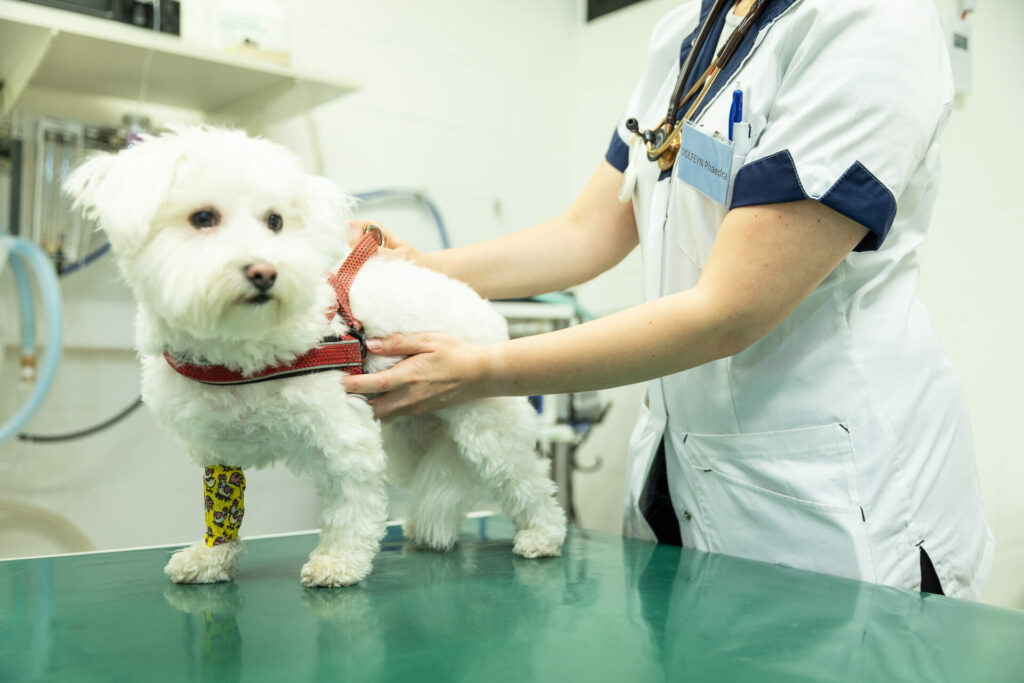Not a day goes by in Belgium without a dog or cat being the victim of severe or fatal poisoning. More than ever, pet owners are being asked to remain vigilant when out in the garden and on walks with their four-legged companions. The figures are indicative of a real increase in accidents and intentional acts of poisoning.
While some cases are due to wilful acts of malice on animals, most poisonings, however, remain accidental, RTBF reports. By nature, dogs like to sniff everywhere and if the animal has not been trained to ingest only food given by its master, the pooch will undoubtedly swallow anything that seems interesting to it. Cats are much more careful, but accidents with felines are also reported.
Veterinarians regularly called upon in emergencies particularly warn humans against the presence of compost piles in their gardens, and those in neighbouring gardens too, as they can develop mycotoxins devastating to animals. Pest control treatments, anti-fox, raccoon and badger baits, fertilisers, sprays and some toxic plants are also to be kept an eye on.
Be aware of symptoms
A disgruntled customer, an anti-hunting activist, a neighbour in conflict, a burglar... The suspicions leading to the perpetrators of malicious acts are numerous, but few leads are successful.
As the phenomenon is on the rise, the country's veterinary services are regularly informing the public about the symptoms of poisoning to help them detect threats and take actions that can help save an animal’s life.
An animal that collapses, one which suffers from excessive salivation, intense vomiting, diarrhoea, tremors and convulsions, is almost certainly suffering from poisoning of some sort.
Related News
- Travelling with pets increasingly possible across European tourism sector
- Over 182,000 dogs and cats registered in Flanders last year
If the animal is able to swallow, veterinarians advise giving it salt to facilitate vomiting. A call to a veterinary emergency service is obviously essential. They advise that owners should not administer any medication themselves as this could lead to a new problem.
Once at the vet, care will be provided according to the degree of intoxication. Vomitive injection and gastric dressings will be considered. Hopefully, the poison will then be ejected from the system to allow the animal to recover.

